Use play to teach kids about money
Money: It’s one of the most important aspects of adult life, but schools don’t spend nearly enough time on it. Beyond the basics, financial literacy is something most of us are expected to pick up on our own. This can put kids without financial knowledge at a disadvantage, rendering them incapable of moving beyond their socioeconomic status.
So, how can you ensure your children become financially savvy at a young age? One way to get children interested in money is through play. Instead of talking at them, present children with projects that actively engage them in the learning process. Making that process fun for them will help them build a positive relationship with money. It will also help them retain financial knowledge they may not have learned otherwise.
Here’s how to teach kids about finances through activities and games.
Comprehending Currency
Any child hoping to learn about finances will need to be able to tell bills and coins apart. This matching activity makes a game out of that endeavor. Similar to what you’d find in many coloring and activity books, it has kids determine which bills and coins are the same. While this may not directly teach them about currency, it does open the door for parents to provide a better understanding of each piece of money and its value.
Separate Those Savings Accounts
If you’re working with children in preschool and kindergarten, it’ll be some time before they need to worry about a savings account. However, when they do eventually start saving, they’ll need to make the most of that money. That’s where this piggy bank activity comes in.
This worksheet has children set up different piggy banks, each one with a distinct goal. Much like you’d separate savings based on what that money is being set aside for, kids can separate their currency based on whatever goals they have. This opens the door for a discussion about which goals take precedence over others. It also highlights the need to save the money you make, even if it’s just a little at a time.
Necessity or Luxury?
In the spirit of saving money, kids also need to know the difference between items they want and items they need. Although nonessential purchases are okay from time to time, necessities must come first. Only then can financially savvy adults confidently purchase luxuries. (And you may want to point out that saving should take priority over impulse purchases the majority of the time!)
This activity, which asks kids to judge which items are necessities and which aren’t, will start these conversations.
Credit Cards and Credit Scores
Kids enjoy swiping fake credit cards on their play cash registers, but most don’t truly understand credit. Learning what credit is and what it’s used for can be beneficial at an early age, even if that knowledge can’t be applied until adulthood.
Rather than having kids memorize credit terms and their definitions by studying, parents can use activities like this word search puzzle to play and educate. Learning about loans and interest will prepare kids to make decisions that affect their credit scores once they do reach adulthood. (With any luck, it’ll help them make decisions that work in their favor, too.)
Real-World Application
 Once you’ve made it through the other activities on this list, it’s time to test how your kids apply their financial literacy to everyday situations. They may not always be fun, but word problems allow us to measure how we implement knowledge to solve problems. Managing finances comes with plenty of challenges, including the ones addressed in this activity. Repeated practice at working through and around those challenges will give kids a leg up when they’re faced with the real-life versions of such events.
Once you’ve made it through the other activities on this list, it’s time to test how your kids apply their financial literacy to everyday situations. They may not always be fun, but word problems allow us to measure how we implement knowledge to solve problems. Managing finances comes with plenty of challenges, including the ones addressed in this activity. Repeated practice at working through and around those challenges will give kids a leg up when they’re faced with the real-life versions of such events.







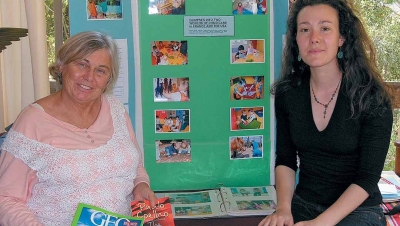
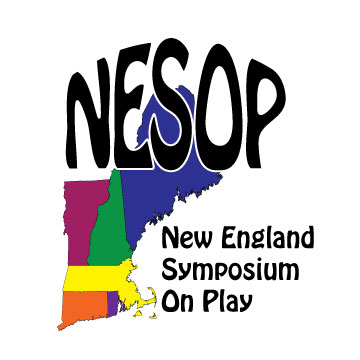
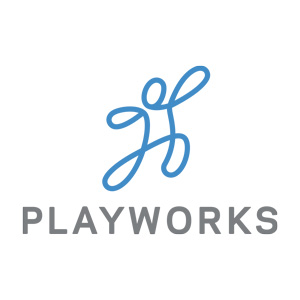
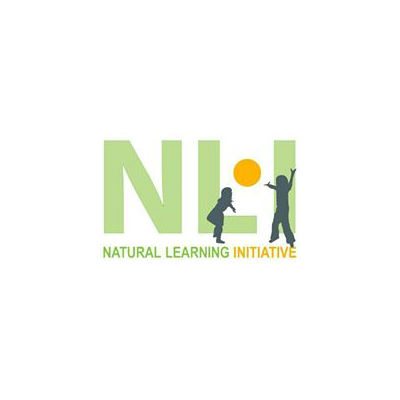

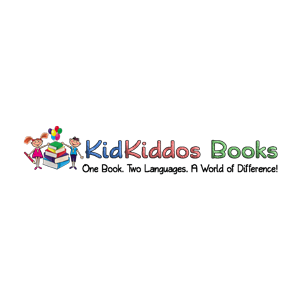

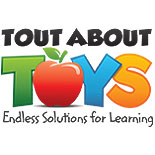

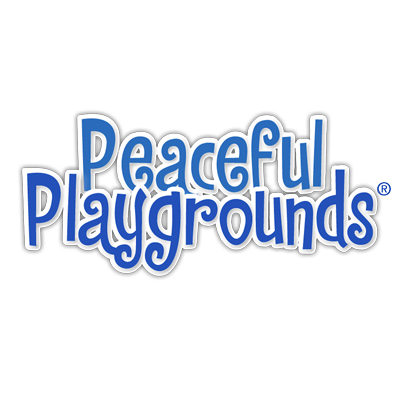

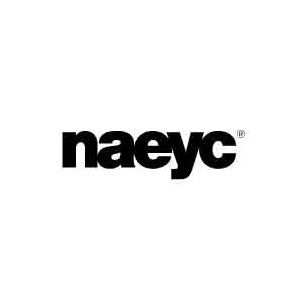

Add new comment